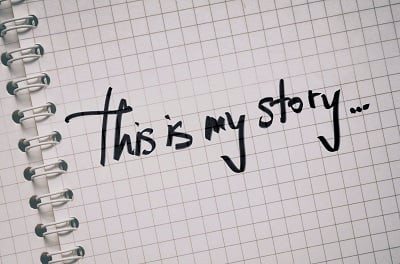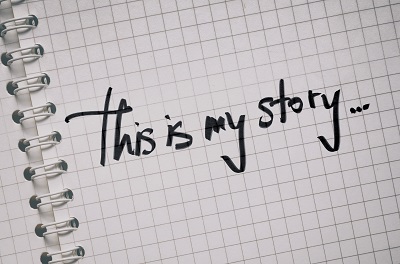Helping Children and Teens With Anxiety Disorders and Depression
Understanding New Research and Treatment
When anxiety takes over, it interferes with your child’s ability to cope with fear, worry, and depression — and treatment is necessary.
Early intervention is critical. Waiting for your child to mature or grow out of these behaviors may not be the right approach. In some cases children may develop chronic anxiety and depression, which is often associated with substance abuse and other high-risk behaviors.





 After more than 20 years of not going to a grocery store, restaurant, or public place alone, not driving out of my safe area and not attending school functions for my children, I began my difficult recovery from panic disorder, agoraphobia, and social anxiety disorder.
After more than 20 years of not going to a grocery store, restaurant, or public place alone, not driving out of my safe area and not attending school functions for my children, I began my difficult recovery from panic disorder, agoraphobia, and social anxiety disorder.




